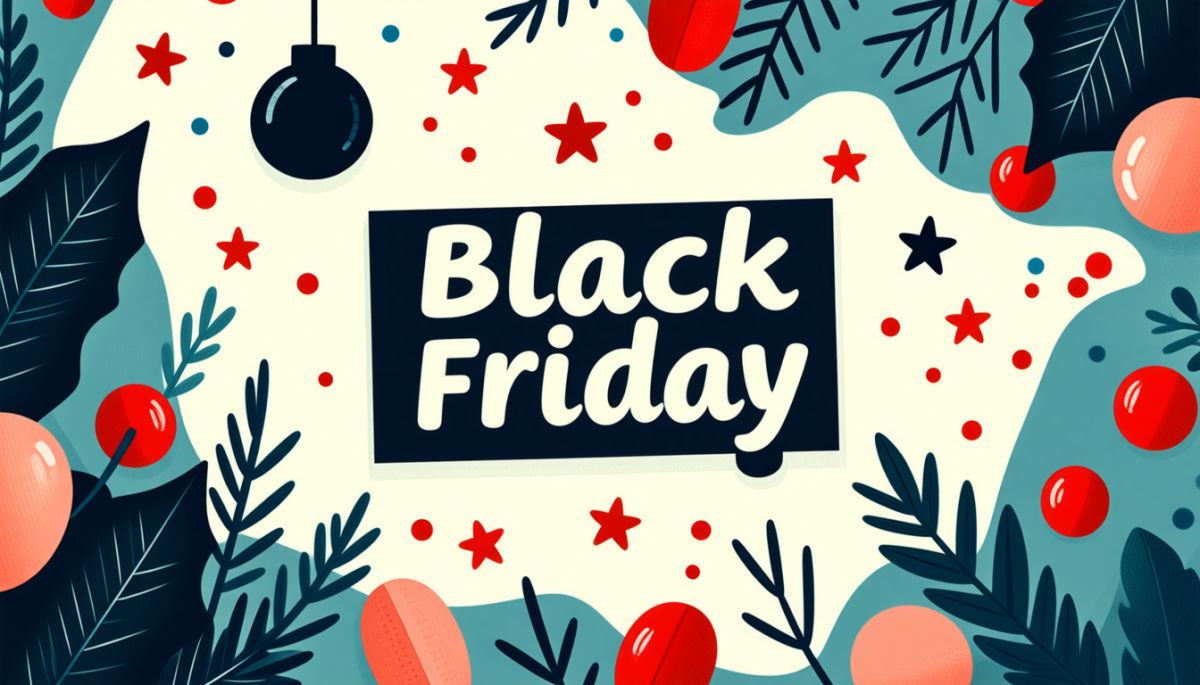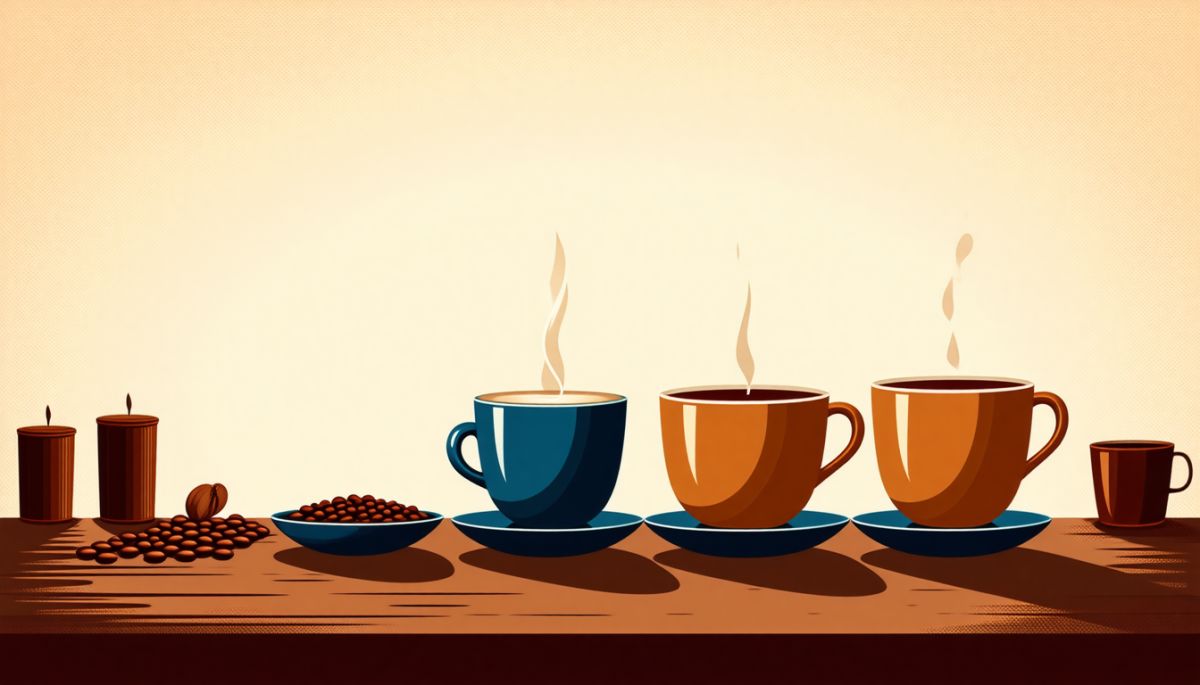What is Black Friday?

Black Friday has become a pivotal day in the retail calendar, marking the unofficial start of the holiday shopping season. Each year, millions of consumers flock to stores and shop online in search of some of the best deals and discounts available. But what exactly is Black Friday, and how did it evolve into such a significant shopping phenomenon? Let's explore its origins, meaning, and impact on consumers and retailers alike.
The Origins of Black Friday 🏷️
The term "Black Friday" initially referred to the financial crises of the 19th century, most notably the crash of the U.S. gold market on September 24, 1869. However, the modern interpretation of Black Friday emerged in the 1960s in Philadelphia. Local police used the term to describe the chaos that ensued when large crowds of shoppers, eager to kick off the holiday shopping season, flooded the city the day after Thanksgiving.
Retailers soon recognized the potential this day held for boosting sales. By the late 20th century, "Black Friday" shifted from a term associated with chaos to one symbolizing profitability. Retailers began to turn their financial ledgers from red (indicating losses) to black (indicating profits), and thus, Black Friday became a cornerstone for holiday shopping.
Modern Black Friday Trends 🛒
Today, Black Friday is not just a single day of sales; it has transformed into a multi-day shopping event. Many retailers initiate sales weeks in advance, with promotions starting on Thanksgiving Day or even earlier. The deals can range widely, from discounted electronics and appliances to doorbuster sales on clothing and home goods.
In recent years, Black Friday has also seen a significant shift towards digital shopping. E-commerce giants like Amazon have capitalized on this trend, offering exclusive online sales that rival traditional in-store offerings. For example, deals on popular gadgets such as the latest smartphones or gaming consoles can generate enormous buzz and drive traffic to online stores, often exceeding expectations.
The Psychological Impact of Black Friday 🧠
The allure of Black Friday deals goes beyond mere discounts; it taps into consumers' psychological triggers. The sense of urgency created by limited-time offers commonly invokes fear of missing out (FOMO). This phenomenon encourages shoppers to make impulsive purchases, often leading to crowded stores and long lines.
Furthermore, marketing strategies employed by retailers, such as teaser promotions and countdowns, elevate the excitement surrounding the event. Shoppers may also form social bonds as they share the experience of hunting for deals, creating a community of bargain hunters.
The Global Expansion of Black Friday 🌍
Black Friday has transcended its American roots, becoming a global event. Countries such as Canada, the United Kingdom, and India have embraced the shopping extravaganza, adapting it to local customs and practices. In Canada, for instance, Black Friday has merged with the previously existing tradition of Boxing Day sales, creating a unique shopping experience.
Other nations have seen Black Friday morph into a broader "holiday shopping season." In China, online platforms like Alibaba have introduced similar sales events, showcasing their ability to innovate around traditional shopping models. This global phenomenon not only boosts retail sales but also highlights the interconnectedness of consumer culture across borders.
The Future of Black Friday 🚀
As consumer habits evolve, so too does Black Friday. With better technology, data analytics, and an increased emphasis on sustainable shopping practices, retailers are reimagining the way they approach this day. A growing trend is the emphasis on eco-friendly products and ethical consumerism, prompting retailers to consider the environmental impact of their sales strategies.
Moreover, as online shopping continues to grow, the line between Black Friday and Cyber Monday is blurring. Many retailers are integrating both experiences to provide seamless shopping options across various platforms, ensuring that consumers have ample opportunities to snag bargains without the hassle of traditional brick-and-mortar crowds.
As we look ahead, the legacy of Black Friday seems poised for further innovation, driven by changing consumer preferences and technological advancements.
The phenomenon of Black Friday encapsulates more than just a major shopping day; it represents a complex interplay of economics, psychology, and cultural significance. From its tumultuous beginnings to its status as a global shopping event, Black Friday continues to shape how we approach the holiday season. As consumers, the key is to navigate this busy day with both excitement and mindfulness, ensuring that we find the best deals while keeping our holiday spirit alive.








